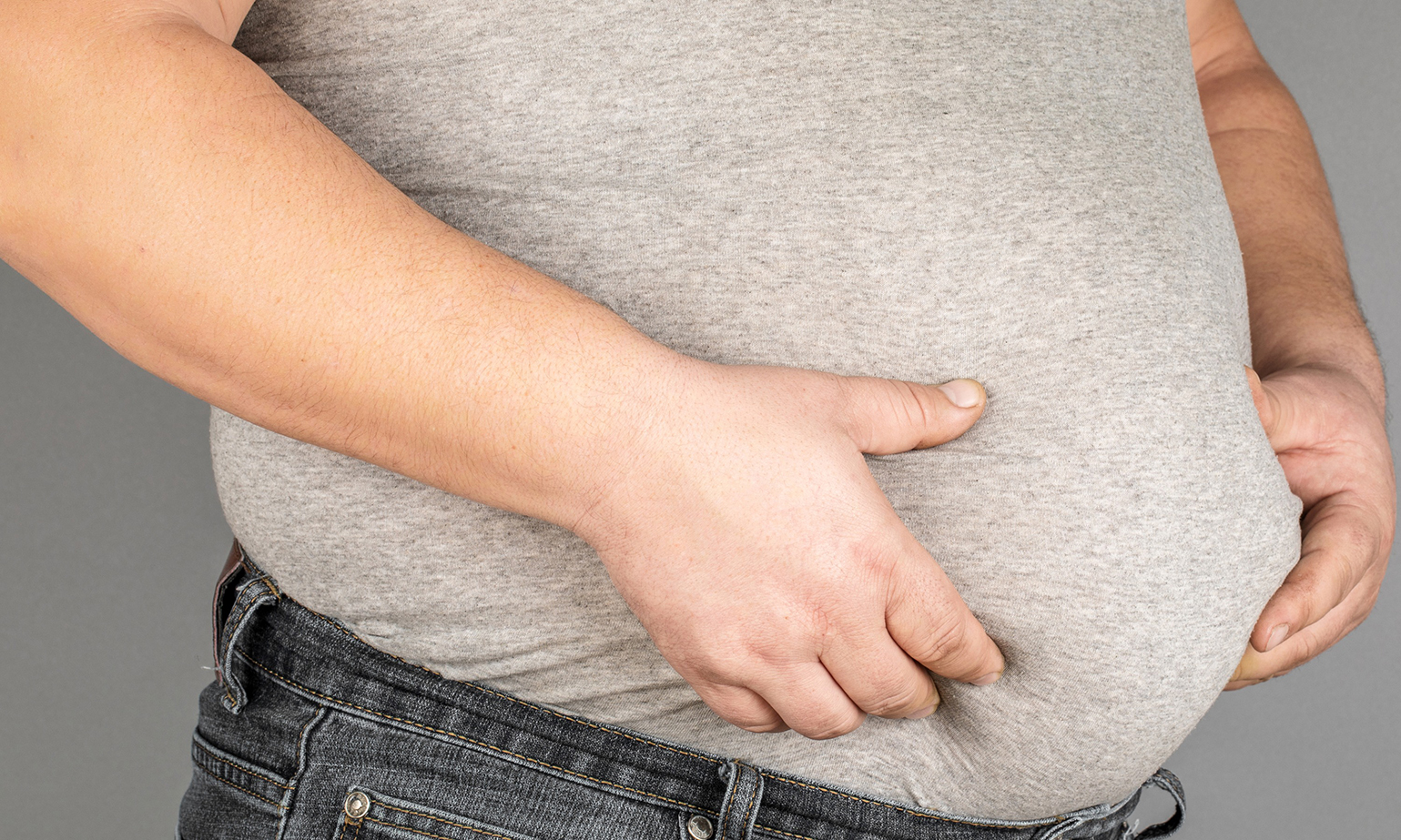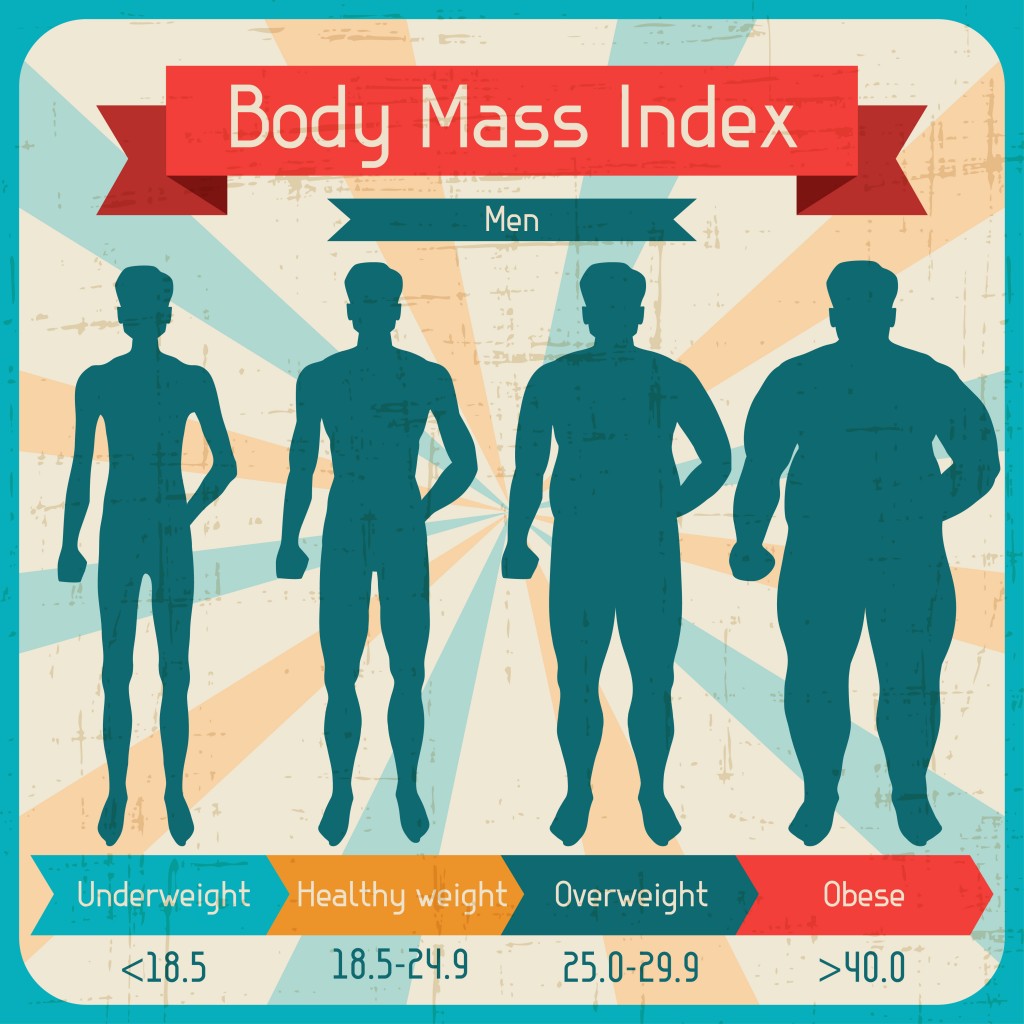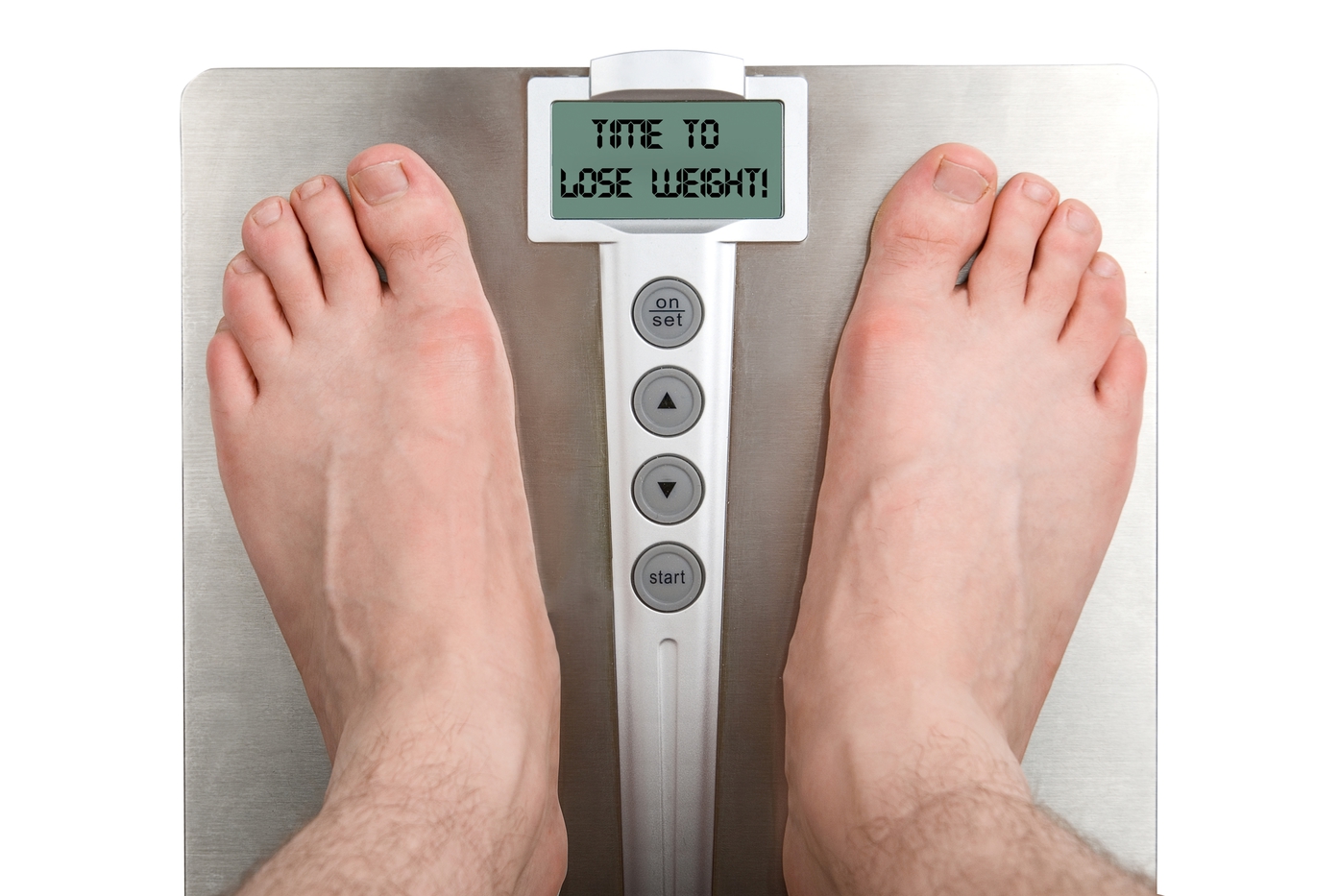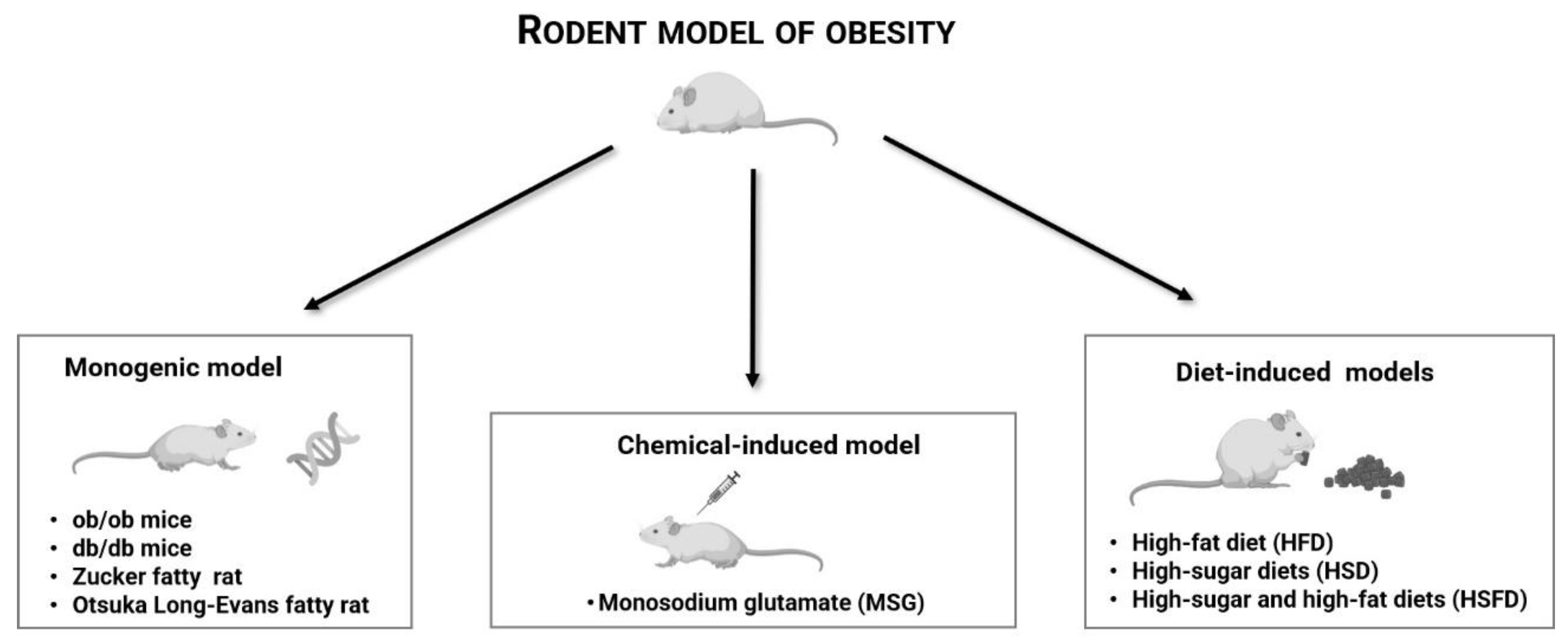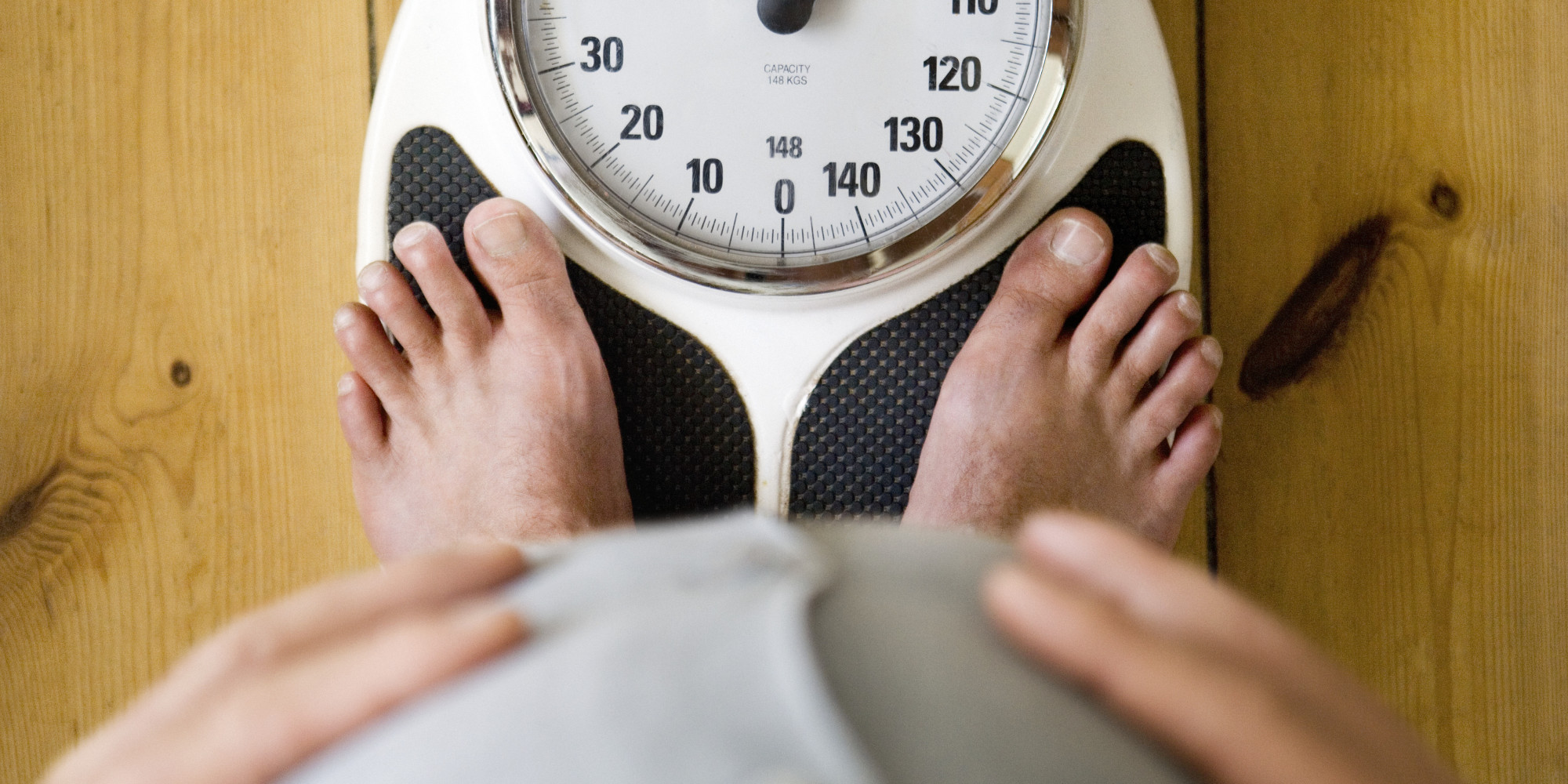Smart Tips About How To Become Overweight

Learn how to prevent overweight and obesity in children and adults.
How to become overweight. Obesity is generally defined by bmi (body mass index): Bmi is a measure of whether you're a healthy weight for your height. For example, the observation that it is self‐identification of overweight (rather than being overweight per se) that predisposes a person to increased risk of developing.
Health chiefs hope to reduce that figure with more emphasis on the marketing of. Observational studies show being overweight doubles a person’s risk of developing osteoarthritis, while obesity increases the risk fourfold. Polyunsaturated fatty acids are in processed foods, so make sure to eat lots of junk food!
Doing 150 minutes of physical activity a. Consume lots of polyunsaturated fatty acids. We have all known people who.
Food assistance and food systems resources people who have overweight or obesity*, compared to those with healthy weight, are at increased risk for. Of these over 650 million. русский español key facts worldwide obesity has nearly tripled since 1975.
Often, obesity results from inherited, physiological and environmental factors, combined with. Overweight and obesity may raise your risk for high blood pressure. Genetics as more and more obesity research is being done, the strong link between genetics and obesity is becoming increasingly clearer.
You can calculate your bmi using healthdirect’s bmi calculator for adults. High blood pressure, also called hypertension, is a condition in which blood flows through your blood vessels. You can help to prevent becoming obese or overweight by:
There are many reasons why some people have trouble losing weight. People with only a moderate genetic predisposition to be overweight have a good chance of losing weight on their own by eating fewer calories and getting more. Following the healthy eating guidelines outlined above.
Focus on eating at least five to seven servings of whole fruits and vegetables every day. The excess weight, especially as body fat can lead to health and wellness issues. The most widely used method to check if you're a healthy weight is body mass index (bmi).
Eat five a day: In 2016, more than 1.9 billion adults, 18 years and older, were overweight. A bmi of 30 or higher indicates obesity, while a bmi between 25 and 30 is considered overweight.

